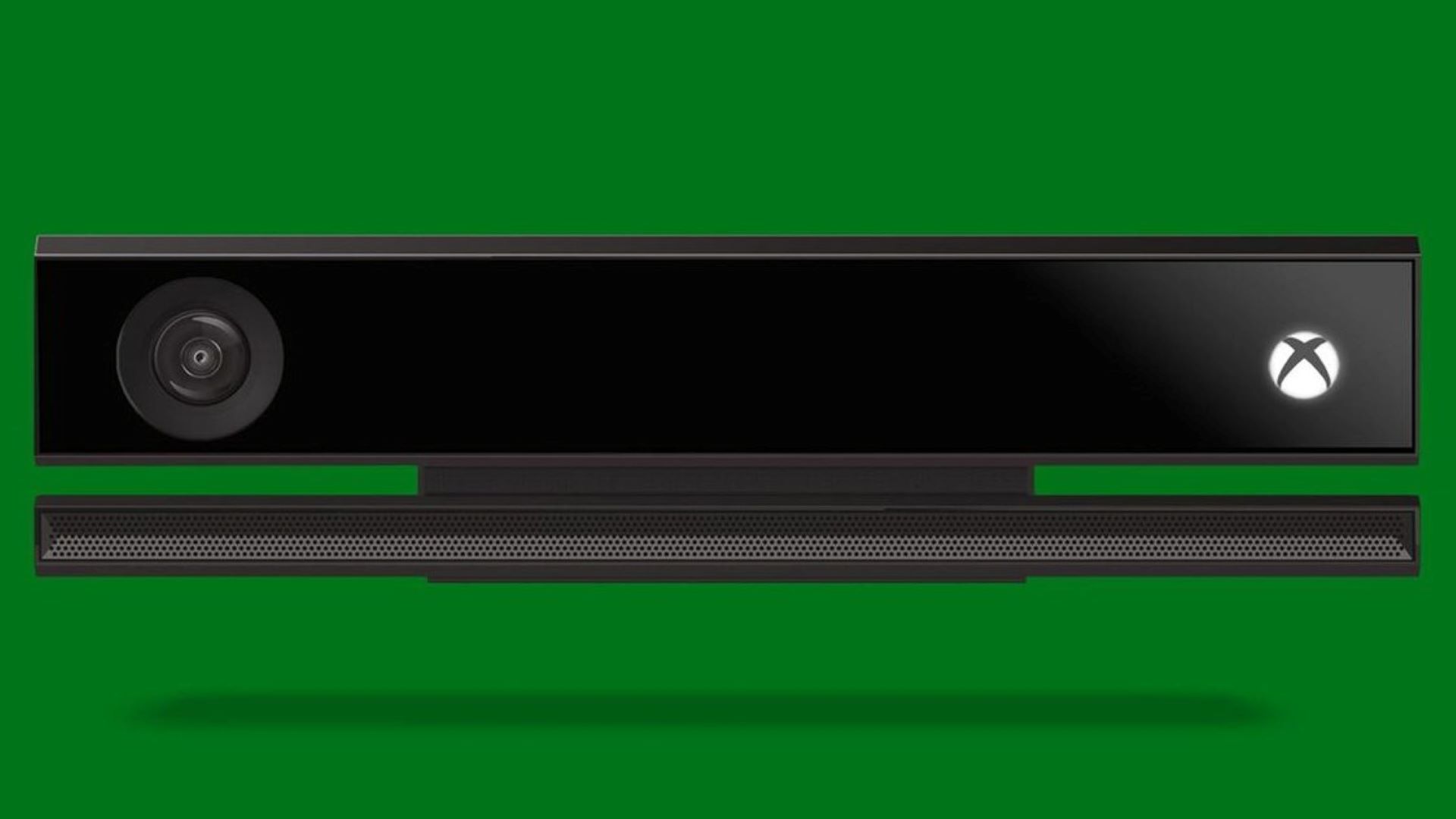Bill Gates put "a lot of pressure" on Xbox leaders to respond to the Wii's success
It turns out Xbox was already doing its own research, however

Bill Gates put a lot of pressure on Xbox leadership to respond to the Nintendo Wii's success, according to a new documentary.
Over the last weekend, Power On: The Story of Xbox debuted as a six-part documentary series on YouTube. In episode five, which chiefly explores the infamous "red ring of death" with the Xbox 360, Xbox leaders recall how Bill Gates wanted to respond to the unprecedented success of the Nintendo Wii in 2006.
"I remember Bill [Gates] putting a lot of pressure on the Xbox leadership team, 'how did we miss motion gaming, what can we do to catch up?'" current Xbox boss Phil Spencer recalls. In the words of former Xbox leader Shannon Loftis, the Nintendo Wii turned "the world upside down."
The Kinect might seem from these comments like a direct response to the Wii, but it turns out Xbox was already doing their own research into "motion gaming." Experimenting with mapping players using depth sensing and RBG cameras was already in the works at Xbox by the time of the Wii's launch, but the historic launch of the Nintendo console was merely a catalyst for the Kinect's launch.
Looking back on things now, history isn't particularly kind to the Kinect. Although it launched to 10 million sales in the first 60 days, according to the Xbox documentary, the device would eventually be discontinued during the latter years of the Xbox One, with Kinect ports on the console even being removed from later models.
Head over to our upcoming Xbox Series X games guide for a full look over all the titles coming to Microsoft's latest console.
Weekly digests, tales from the communities you love, and more
Hirun Cryer is a freelance reporter and writer with Gamesradar+ based out of U.K. After earning a degree in American History specializing in journalism, cinema, literature, and history, he stepped into the games writing world, with a focus on shooters, indie games, and RPGs, and has since been the recipient of the MCV 30 Under 30 award for 2021. In his spare time he freelances with other outlets around the industry, practices Japanese, and enjoys contemporary manga and anime.



